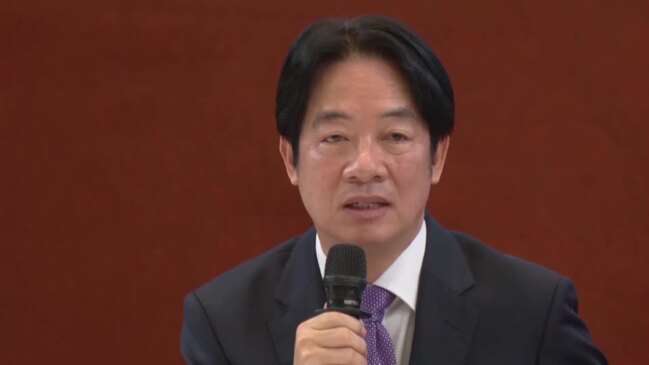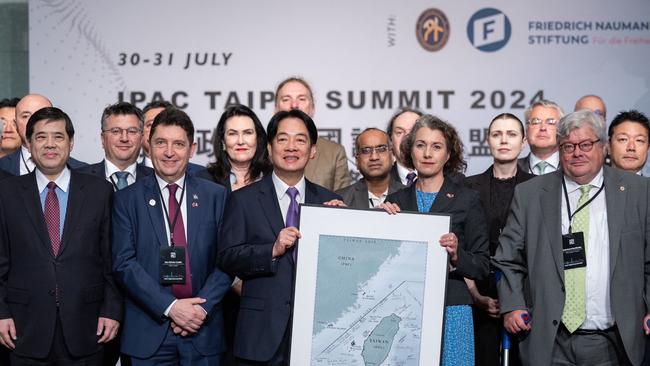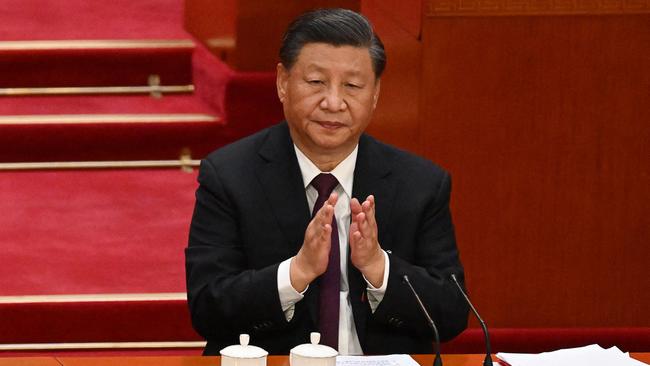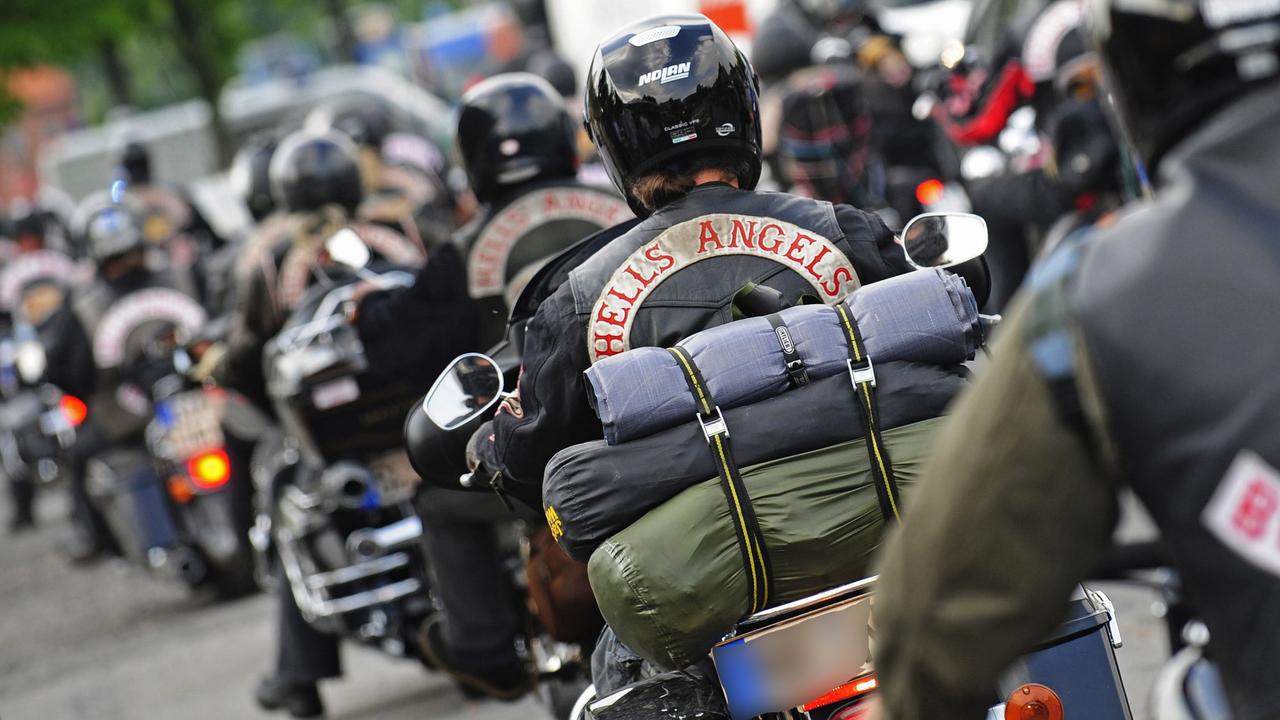IPAC Taiwan Summit: China engaged in ‘unrestricted warfare’ on Australia and allies
A top US human rights official fears there has been “some backsliding” on China from Australia amid the Albanese government’s efforts to stabilise relations, while Beijing has engaged in “unrestricted warfare” on democracies.

A top US human rights official fears there has been “some backsliding” on China from Australia amid the Albanese government’s efforts to stabilise relations, while Beijing has engaged in “unrestricted warfare” on democracies.
The stark warning came as parliamentarians from 23 nations, including Australia, gather in Taipei to discuss the Chinese government’s threat to peace and prosperity in the region and the flow on effect for global trade if there is conflict in the Taiwan Strait.
In an exclusive interview Piero Tozzi, the staff director for the Congressional-Executive Commission on China, an independent US government agency monitoring human rights issues, said Australia and its allies must not assume Beijing has similar aims.
“Letting our guard down assuming what we want is what they want, I mean that’s whole notion of engagement, we want trade, good relations, we want to see China integrated into the rules-based post-war international economic order, whereas they seek to dominate,” he said.
“They seek, essentially hegemony and supremacy, that’s what it means to be a systemic rival, not simply a strategic rival.”
Asked about the approach of Australia’s Five Eyes partners, Mr Tozzi said the previous government in New Zealand had “frankly has been weak” on China, and at times Canada had exhibited “wilful blindness” on some issues.

“I think there’s been some backsliding in Australia recently, which has been disappointing,” he said.
“I think we have to be realistic about what the threat is.”
He said the other partners, including the UK and US, were “all targeted” by Beijing, which has increased its “transnational oppression” efforts, targeting dissidents and diaspora abroad, and attempting to influence foreign perceptions of China.
“We need to be alert to that and aware of that,” he said.
Mr Tozzi said the AUKUS pact was an important way for Australia, the US and UK to “push back” against China’s expansionism in the Indo-Pacific, as was expanding the Quad dialogue with Japan and India.

Labor Senator Deb O’Neil, who is also attending the Intra-Parliamentary Alliance on China summit in Taiwan, defended the government’s approach to China and agreed international co-operation was key to ensuring democracies were protected.
“Australia’s language about agreeing where we can with China as a trading partner is an important place for the opening up of conversations, but disagreeing where we must, is also an important defence of democracy,” she said.
Ms O’Neil said she was “frustrated” by Beijing adopting the language of rule of law and dignity for all humans, while groups like the Uighur ethnic minority were “enslaved” in the Xinjiang province.

Speaking at the summit on Tuesday, Taiwanese President Lai Ching-te warned “China’s threat to any country, is a threat to whole world”.
Beijing sees Mr Lai as a separatist and has refused to speak with him, ramping up pressure since he took office by sending ships and planes on large military drills in protest of his inauguration.

Mr Lai said China used “diplomatic kidnapping, economic coercion, internet attacks” and misinformation to “seek to undermine regional peace and stability”.
Meanwhile, Solomon Islands crossbench parliamentarian Peter Keniloria announced his country would be among six nations joining IPAC, which previously had 35 member countries.
The Solomons recently abandoned its long-running recognition of Taiwan, and instead switched support to Beijing.
Mr Keniloria said it was his “personal desire” to see the relationship return to its previous setting.
“In order to return to the strength that it once was, we must all come together to work with and support those who share the same dedication to the collective values that brings us all here together,” he said.
Clare Armstrong travelled to Taiwan with the support of the Intra-Parliamentary Alliance on China
More Coverage
Originally published as IPAC Taiwan Summit: China engaged in ‘unrestricted warfare’ on Australia and allies





